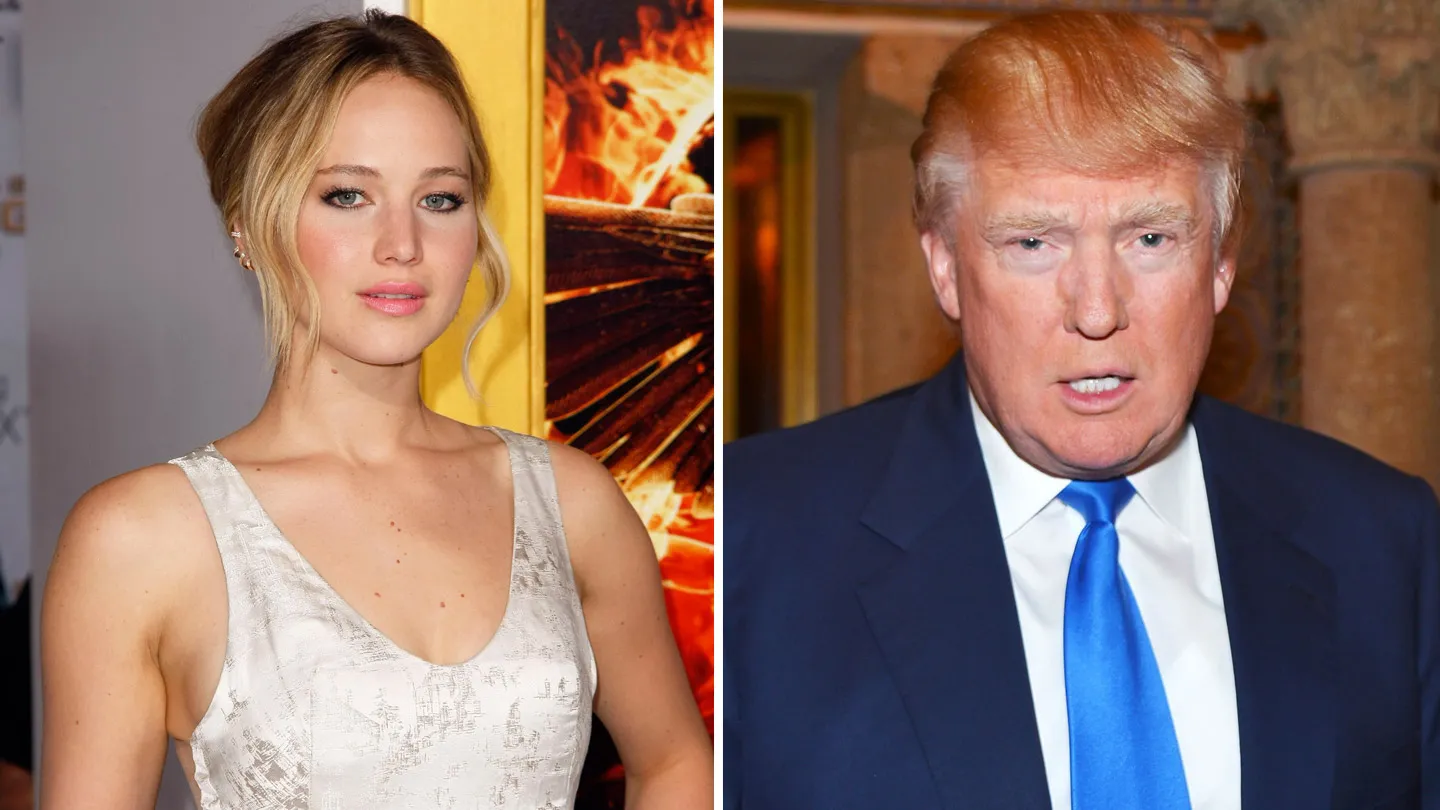
Garage Doors and Parts – Jennifer Lawrence has openly expressed her uncertainty about whether speaking out on political matters, including Donald Trump’s presidency, actually makes a difference. On a recent episode of The New York Times podcast The Interview, she reflected on her actions during the first Trump administration and the op-ed she wrote shortly after he was elected. Lawrence admitted she often felt overwhelmed by the chaos and did not know if public statements from celebrities could truly sway political outcomes. She emphasized the challenges of navigating fame, influence, and personal convictions while avoiding alienating audiences who enjoy her films. Lawrence highlighted the tension between wanting to contribute meaningfully to political discourse and avoiding actions that simply add fuel to national divisions. Her candid remarks underline a broader discussion about the limitations of celebrity activism in shaping elections or public opinion.
Jennifer Lawrence openly discussed her past political activity, including supporting Kamala Harris during last year’s presidential election. She explained that her endorsement was largely influenced by the importance of abortion rights being on the ballot. Lawrence reflected on the effectiveness of celebrity endorsements, noting that election after election shows that stars do not significantly influence voter behavior. She acknowledged that despite the good intentions behind public statements, the polarized nature of American politics often magnifies divisions rather than encouraging thoughtful debate. Lawrence also admitted some personal regrets about previous statements during Trump’s first term, humorously noting that she tends to regret nearly everything she says publicly. She expressed concern about potentially alienating fans who engage with her work, which has led her to seek alternative ways to contribute politically. Her reflections emphasize the complexity celebrities face when attempting to balance influence with professional responsibilities.
Jennifer Lawrence explained that she channels her political beliefs into the projects her production company supports, rather than relying solely on public statements. For example, Lawrence referenced the documentary Zurawski v Texas, which deals with abortion rights, as a way to create art that engages with political issues meaningfully. She highlighted that movies and projects allow her to communicate beliefs without turning away fans who may hold differing opinions. Lawrence believes that creative works provide an avenue for discussion and reflection, often reaching audiences more effectively than social media commentary. By producing content that explores social and political topics, she maintains a sense of responsibility while avoiding direct confrontations that could intensify political polarization. This approach aligns with her role as an artist who seeks to contribute thoughtfully and authentically without the performative pressures that public political statements often demand.
Jennifer Lawrence expressed concerns about the broader consequences of celebrity activism in the United States. She pointed out that public statements can unintentionally intensify the country’s divisions, particularly on contentious issues like presidential politics. Lawrence questioned the impact of her own voice, asking whether sharing opinions publicly genuinely fosters change or merely adds fuel to debates that already divide citizens. She explained that the polarized political climate makes it difficult for individuals in the public eye to engage meaningfully without backlash. Lawrence emphasized the importance of focusing on creative avenues that align with her beliefs while contributing constructively to society. Her perspective sheds light on the nuanced challenges celebrities face when trying to balance advocacy with professional and personal responsibilities. The approach highlights thoughtful engagement over performative activism, suggesting that action through art can carry as much, if not more, impact than public commentary.
Jennifer Lawrence is promoting her new psychological thriller Die My Love, which follows her character navigating postpartum psychosis while raising her child. The film, directed by Lynne Ramsay, stars Robert Pattinson, Sissy Spacek, and LaKeith Stanfield, and marks a highly anticipated release scheduled for November 7. While discussing the project, Lawrence noted the difficulty of balancing personal convictions and public appearances, as both contribute to her public persona. She continues to navigate a fine line between celebrity responsibility and creative freedom, demonstrating how actors manage professional obligations while remaining aware of societal issues. Lawrence’s approach exemplifies the potential of using professional platforms to address political and social topics indirectly, through storytelling and media, instead of relying solely on direct statements or endorsements. Her reflections continue to spark conversation about celebrity influence in politics and the creative methods used to express personal beliefs.
This article is sourced from independent and for more details you can read at garage-doors-and-parts.org
Writer: Sarah Azhari
Editor: Anisa
This website uses cookies.